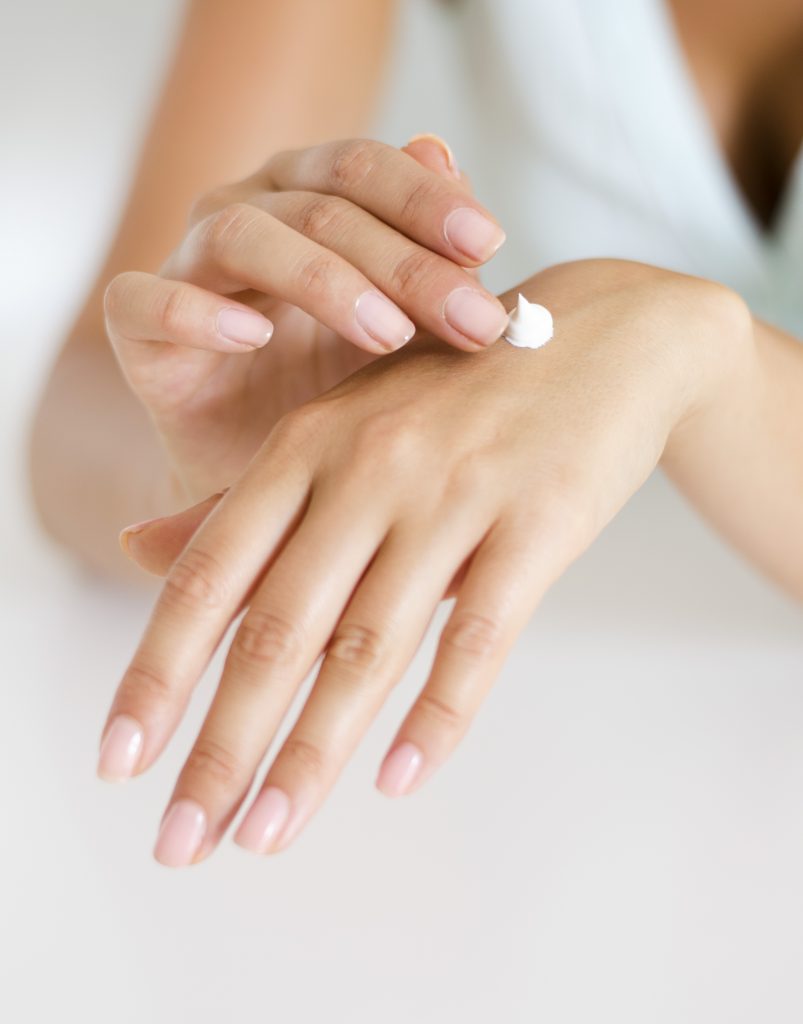SCS Formulate 2017 was billed as “the future of formulation” and has become a well-established event in the UK formulation calendar. The combination of a traditional exhibition (over 70 stands) with presentations from ingredients and equipment suppliers works well. At iFormulate we were pleased to be invited to present at the Inform Seminar on the subject “Cosmetic Formulators – You are Not Alone”. The explanation of the principles of systematic formulation design was well received by the attendees and if you are interested in receiving a copy of the slides, please e-mail us at info@iformulate.biz.
As would be expected, the trends at SCS Formulate were not too dissimilar from those we saw at In-Cosmetics, although the event is much more manageable in size. Anti-ageing and anti-pollution products together with natural ingredients took prime place. The six shortlisted products for the Laura Marshall Memorial Award are worth looking at in more detail if you have time.
The winner of the award was Azelis’ Maskerade which was a customisable biodegradable mask made from a cold process pectin. Interestingly the product has its origins in a cross-functional brainstorming session involving their food, pharmaceutical and personal care businesses. Of the others shortlisted, Aston Chemicals “Superfruit Splash Tint” releases water upon pressure and is claimed to also provide a mechanism for delivering aqueous actives which could be of value in other applications. Surfachem’s “Love Down Below – Intimate After Shave Balm” shows how the cosmetic industry often leads the way in breaking down social taboos!
Another area where cosmetics lead the way is in regulations which respond to consumer pressure. Emma Meredith is the Director of Science at the UK’s Cosmetic, Toiletry and Perfumery Association (CTPA) and in addition to an update on preservatives she updated attendees at the Inform session on plastic microbeads. Only recently on the BBC’s Blue Planet II, many people will have been made aware of the increasing concern around plastics in the oceans around the world. The initial target is to eliminate plastic microbeads in cosmetic and personal care products even though Emma reported that the contribution from these sources to the wider marine microplastic litter is estimated to be only 0.29%. The voluntary initiatives to remove microbeads appears to be having an effect with a CTPA survey suggesting a reduction of 70% by weight and a complete phase-out being expected by the end of 2018. Emma expressed concern over some of the definitions of plastic being proposed in some proposed UK regulations. The cited definition “a synthetic polymeric substance or any combination of polymeric substances” should cause some concern due to its breadth. Fortunately the UK seems out of step with many other countries and it is hoped that this definition with be improved before it comes into force in 2018. Personally I support the ban of “microbeads”, particularly as there are plausible alternatives in cosmetics products, but a wider scope looking at plastics, or polymers should be of concern to all formulators.


